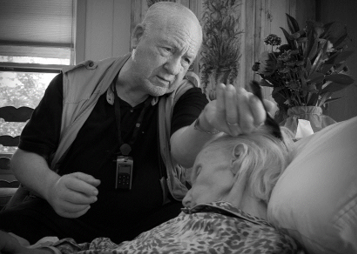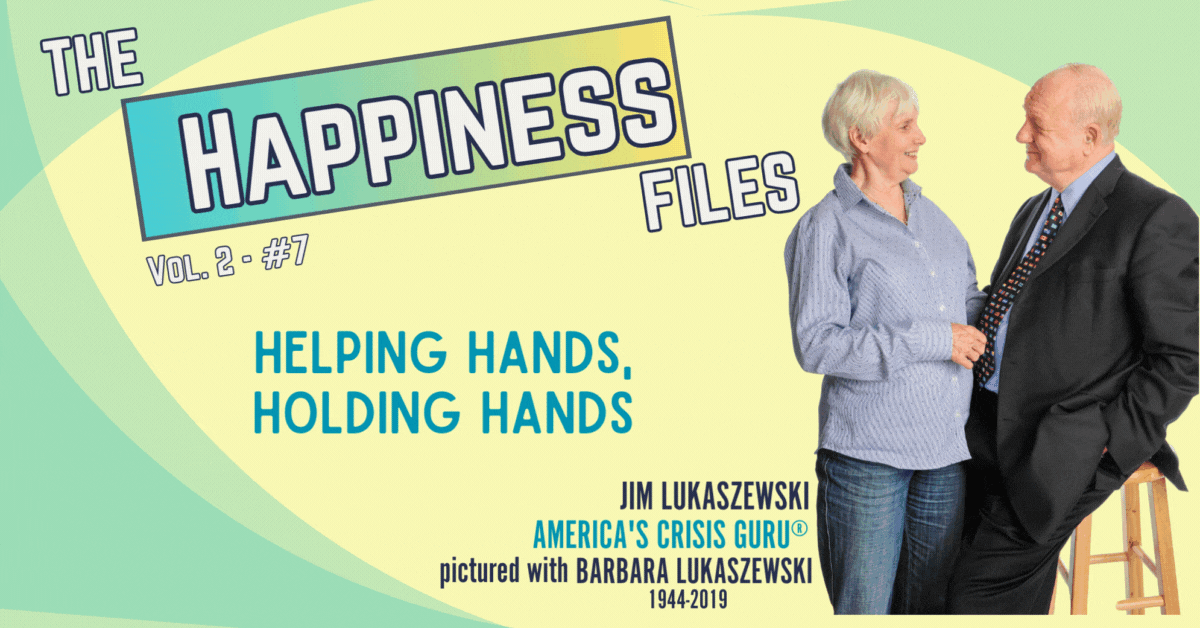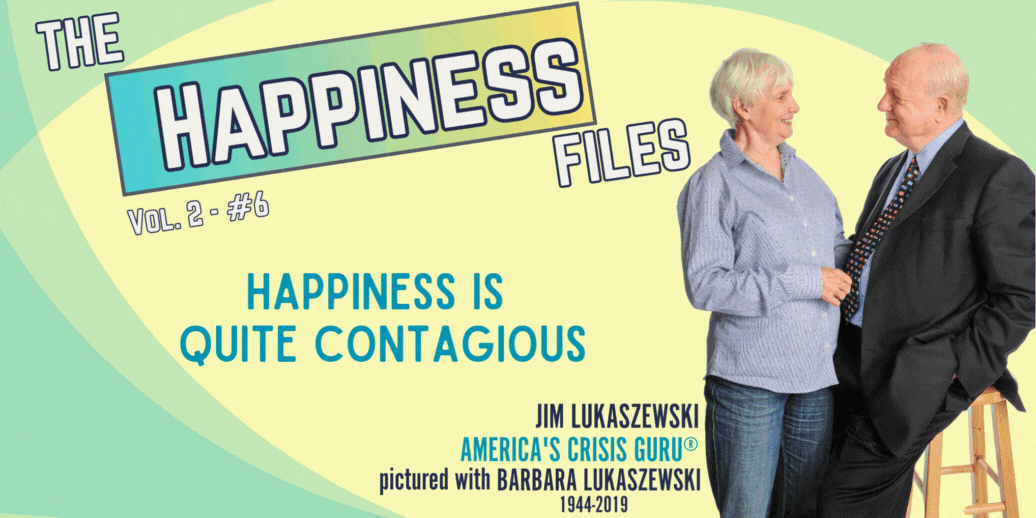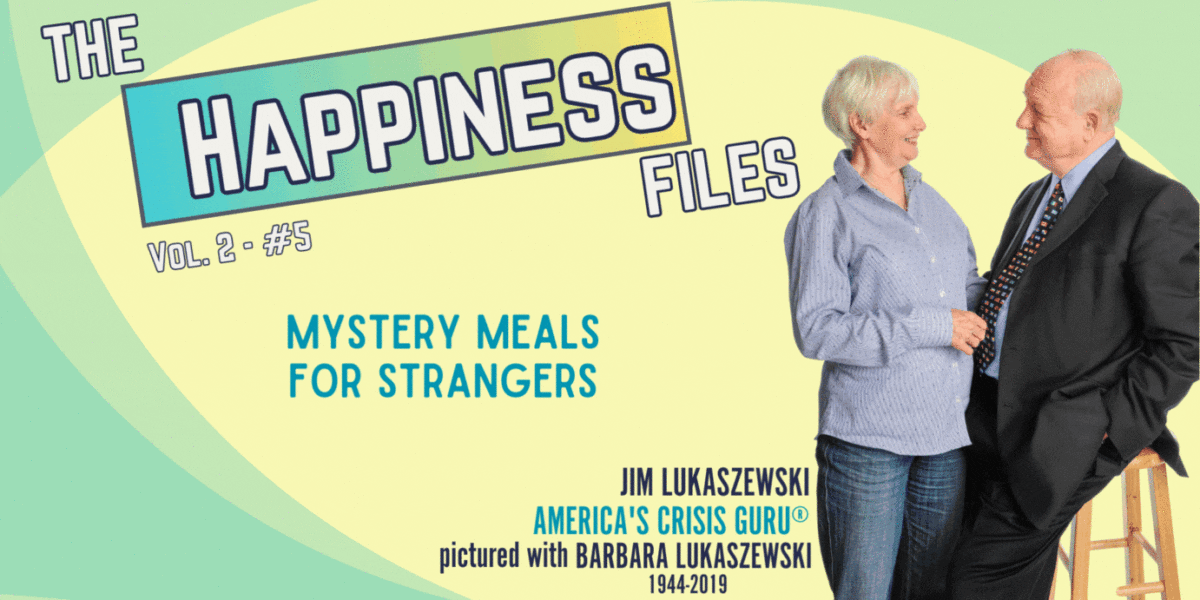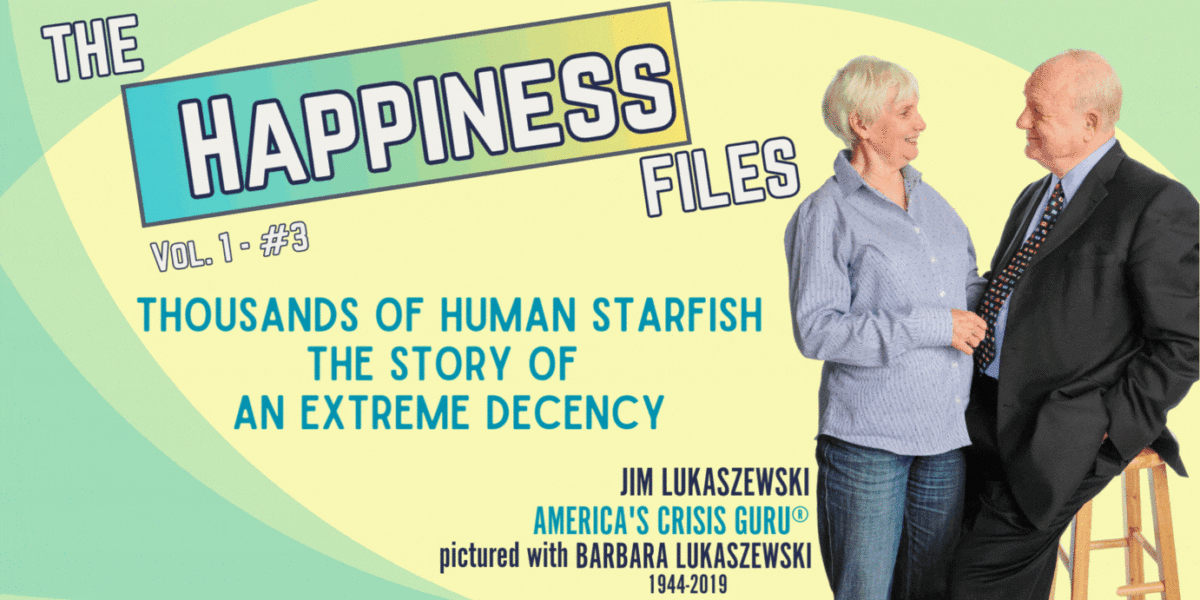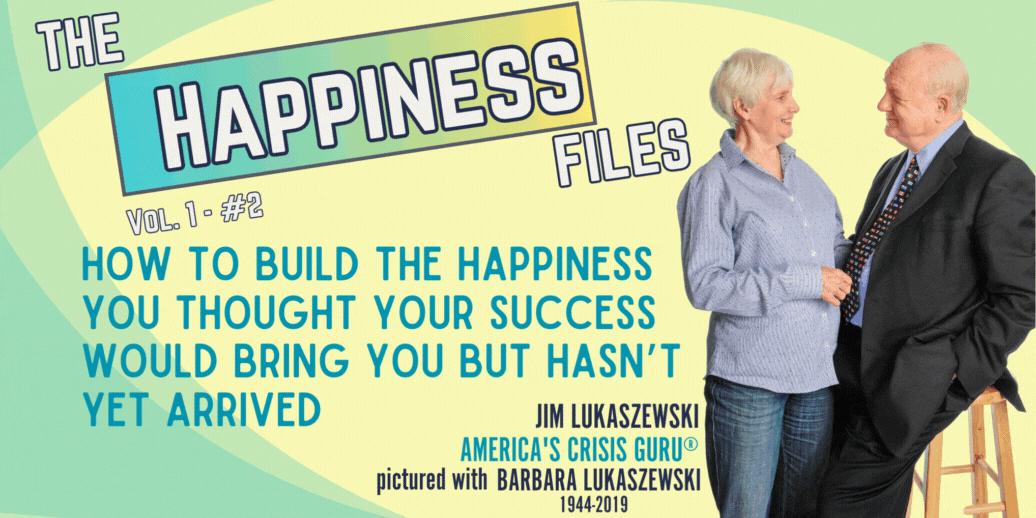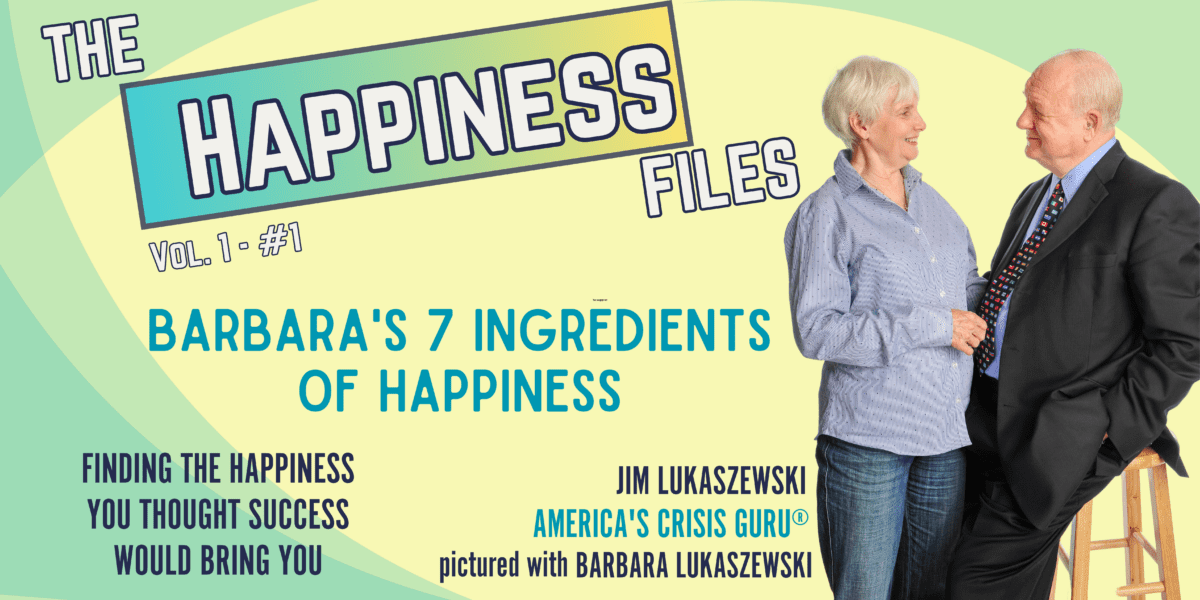One of the smallest, but truly powerful decencies is holding hands or offering a helping hand.
This gesture is so small we probably hardly ever think of it. But quite often at 82 as I approach a doorway, a curb, or a staircase someone will reach out and offer me a hand even though I have a cane. One of our granddaughters is going to school here in Minnesota. She grew up in New York state. Emily. We have made it a point to have a hamburger or a brief get together almost weekly when she’s here during the school year and this past summer when she was an internship at the Minnesota Zoo. I’ve know her and her twin brother since the day after they were born and lived very close to them for the first eight years of their lives. Then we moved from New York back to Minnesota. So for the majority of their lives we have not been that physically close. But we’ve always been I think emotionally close.
Emily is finishing her junior year in college and thinking about where she is ultimately be working. Also, looking for an internship this summer. She has opportunities for her last summer internship in Chicago, Boston, New York, and I learned just this week that a position for her may be opening up in Minnesota. I mention this because I’ve noticed during this particular school year when we’ve been together, she’s been extra attentive. I am 82 and a bit unstable and need a cane. So I get to hold her hand briefly, but often when we’re together.
Looking back, holding hands was an extraordinary part of my relationship with my wife Barbara. I do recall in high school on the few dates that I had, for some reason I tried to hold hands and it was not exactly welcomed, it wasn’t shunned, but it wasn’t welcomed. I met Barbara in the summer after my graduation from high school and from our first meeting we were holding hands. In those early years, I would increasingly hold her hand because she was this incredibly beautiful person going around with me, I’m laughing. It must have looked like, “What is she doing with this oaf.” But as it turned out we kept seeing each other, got closer, and ultimately got married four years after we met. During our initial early years together in courtship we held hands everywhere in fact people commented on it and, “Are you always holding hands?” and we would raise our hands, kind of shrug, and son of a gun, we were holding hands.
During our married life, we tended to do absolutely everything together whether it was grocery shopping or taking the car in to get the oil changed, just driving around. We were always holding hands. There are many pictures of us front and back, holding hands and it was always a subject of conversation. Barbara died of Alzheimer’s in 2019.
It’s become kind of a point of analysis whenever I meet couples are they holding hands or not. If they are, I comment on it and if they’re not, I sort of just mentally remember that.
The larger point is that like almost every small decency it’s free, it’s freely given, there is nothing expected in return, but it is among the most affirming thing humans can do with each other.
If you haven’t done it for a while or at all, it might seem a little uncomfortable to suggest it, but why not give it a try?
The worst that can happen is that you do it briefly and then you separate, but then even in the same encounter, you do it again, and separate. Eventually, it will work or it won’t.
In Barbara’s case, it was just a part of our being together and it was just reflective of our lives together. Barbara did things for me constantly, helped me, looked out for me, and literally ran a business we had so I didn’t have to. But always even the 10-minute round trip to pick up a gallon of milk, we went together, and we held hands.
My youngest son Jim and my sister Wendy, and a couple other friends were with Barbara when she passed away in August of 2019. I was holding her hand at the time she died. And as always, she was smiling.
There is a picture of Barbara just moments after she died that Jim took and I’m combing her hair. Barbara was always perfectly dressed, every hair precisely in place. She always enjoyed having her hair combed and always reacted positively, even after she was no longer able to speak. In this photo, she had just passed away moments before, and I was holding her hand at the time. Then I combed her hair for the last time.
